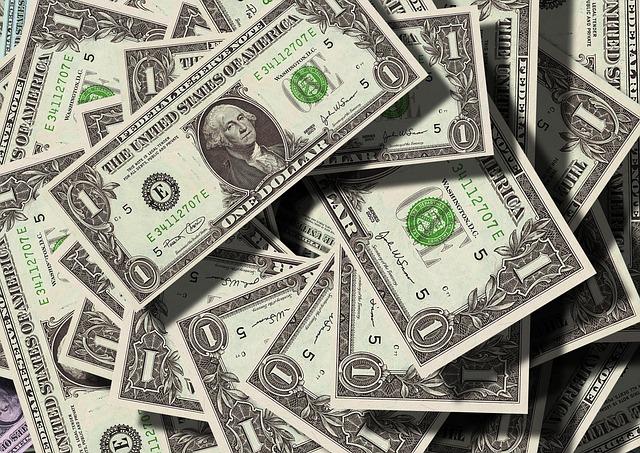Trump’s tariffs will contribute to the US economic boom
U.S. stock markets anticipate Trump’s upcoming economic boom, but few economists realize that it will be partly due to his tariff plans. Among those few are Peter Navarro, Trump’s adviser and author of 20 economics books; Art Laffer, America’s premier supply-side economist; and Oren Cass, author of several recent commentaries.
Trump’s tariffs (coupled with his reduction in the corporate income tax for American producers) would encourage businesses to build new factories in the United States. In his commentary “Trump’s Most Misunderstood Policy Proposal,” Cass pointed out that Americans, not foreign workers, get the wages when products are produced in the United States. He also pointed out that manufacturing drives long-term growth:
Manufacturing drives innovation. As the McKinsey Global Institute has noted, the manufacturing sector plays an outsize role in private research spending. When manufacturing heads offshore, entire supply chains and engineering know-how follow. The tight feedback loop between design and production, necessary to improvements in both, favors firms and workers positioned near the factory floor and near competitors, suppliers, and customers. And the rudimentary matters as well as the advanced: When Apple tried to make its high-end Mac Pro in Texas, the effort foundered on a paucity of screws.
The argument that tariffs are beneficial to trade-deficit countries is strongly supported through statistics reported by premier economic historian Paul Bairoch in the fourth chapter of his 1993 book. He studied the relationship between trade balances and economic growth in Europe during the second half of the nineteenth century and found that those European countries that increased their tariffs in order to balance their trade grew much more rapidly than those that did not.
But the majority of economists don’t understand this sort of data. Their simplistic analysis of international trade starts and ends with the concept of comparative advantage, and the discovery, made some centuries ago now, that trade could make both participants better off by allowing each to specialize in the goods it is comparatively better at making.
Comparative advantage is not unique to international trade; it applies to any exchange between two or more parties. For example, within one of our households, I (Jesse) have an absolute advantage when it comes to emptying the dishwasher and loading the dishwasher. I am faster and better at doing both of these than my 8-year-old is.
Nonetheless, we can both be made better off if he unloads and I load. He is almost as good at unloading as I am, and I am many times better at loading. So...we trade. And the result is that we both have more time left over to play board games with each other.
Every example of comparative advantage in economics textbooks assumes balanced trade. When each country or person involved trades what it can produce with comparative advantage for what the other country or person can produce with comparative advantage, both are better off. And that’s where most economists go wrong.
Take economist David Herbert for example. He excoriates Cass’s pro-tariff trade commentaries without ever mentioning the words “deficit” or “imbalance” or “balance.” He is correct that tariffs for the sake of tariffs are (like any other tax) hardly desirable in and of themselves. But tariffs for the sake of balancing trade, as we argued in our book Balanced Trade, can lead to a return to mutually beneficial trade.
If I let my son never do his chores, he would never have the opportunity to learn by doing and would consequently not get good at doing them. The analogue is that if the U.S. doesn’t make things, it won’t get better at making things. And over time, it will have fewer and fewer good things to trade with the rest of the world for the world’s goods.
When the U.S. borrows to buy, as it has for nearly half a century, the result is debt. (The U.S. net international investment position was a negative $22.5 trillion in the second quarter of 2024.) By importing more than we export, we have failed to develop and maintain our comparative and absolute advantages in many fields. For example, the U.S. has gone from a substantial trade surplus in high technology fields to a massive deficit.
Herbert argues that tariffs invite tariff retaliation, ignoring the fact that trade deficit countries win trade wars because a reduction in both exports and imports hurts the trade surplus economies much more (by reducing exports which add to GDP) and can actually help trade deficit countries (by reducing imports, which subtract from GDP).
Most economists don’t yet realize that Trump’s tariffs will strongly contribute to the coming U.S. economic boom. But a growing number recognize that tariffs imposed by trade deficit countries can be economically beneficial.
The Richmans co-authored the 2014 book Balanced Trade published by Lexington Books, and the 2008 book Trading Away Our Future published by Ideal Taxes Association.

Image via Pixabay.





